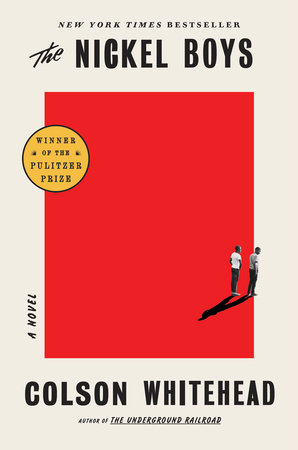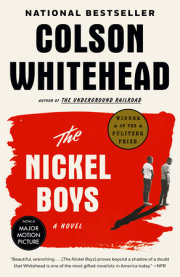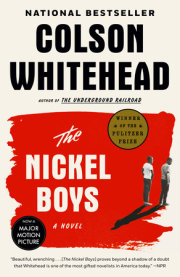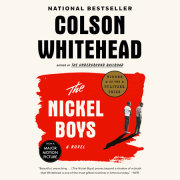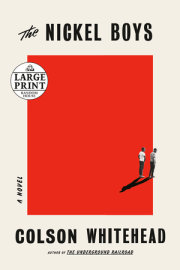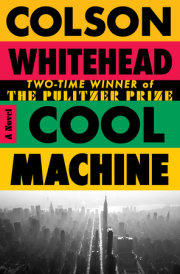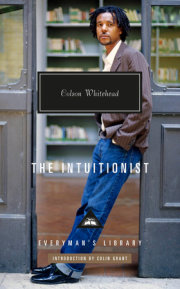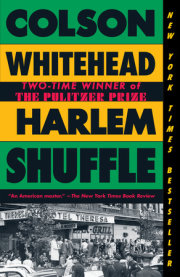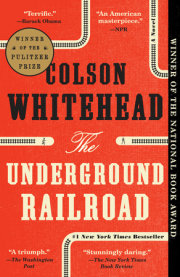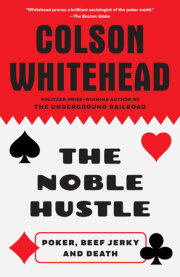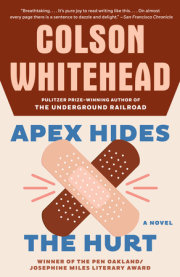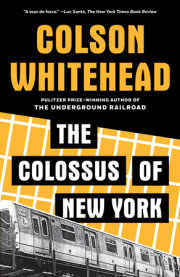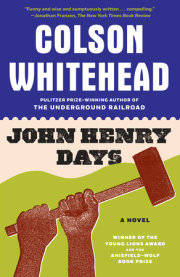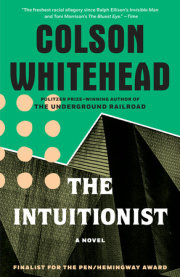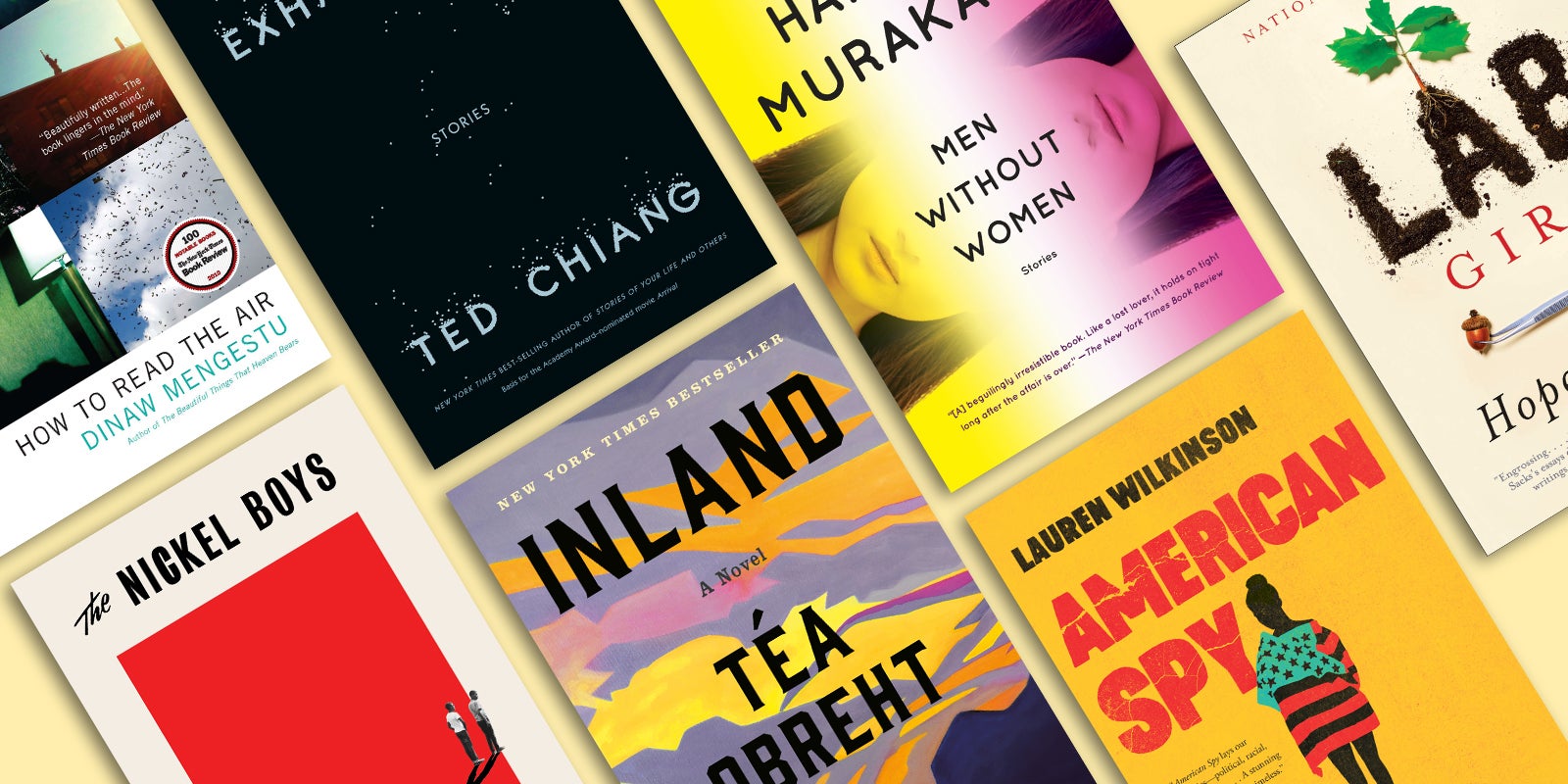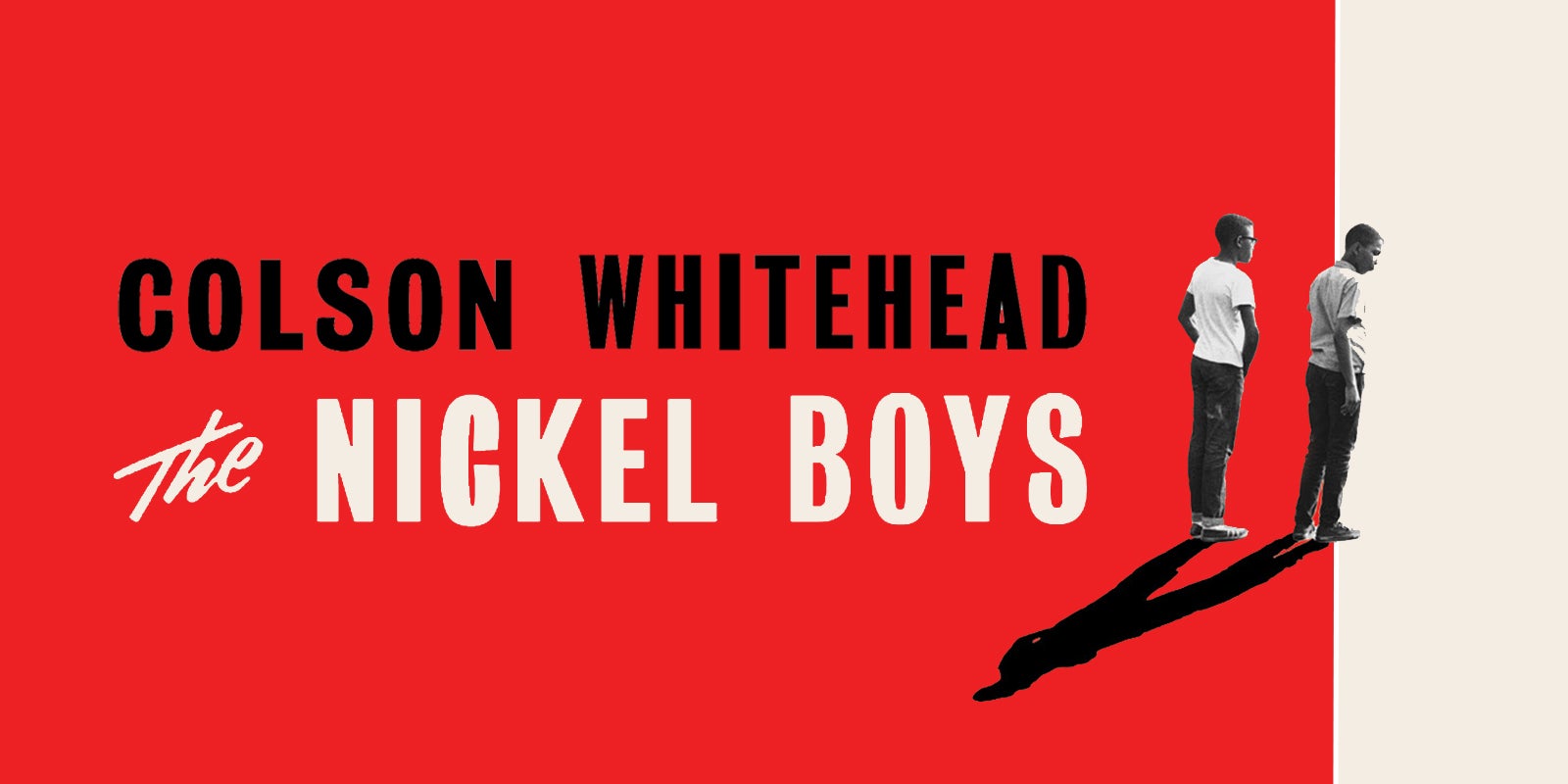Elwood received the best gift of his life on Christmas Day 1962, even if the ideas it put it in his head were his undoing.
Martin Luther King At Zion Hill was the only album he owned and it never left the turntable. His grandmother Hattie had a few gospel records, which she only played when the world discovered a new mean way to work on her, and Elwood wasn’t allowed to listen to the Motown groups or popular songs like that on account of their licentious nature. The rest of his presents that year were clothes – a new red sweater, socks – and he certainly wore those out, but nothing endured such good and constant use as the record. Every scratch and pop it gathered over the months was a mark of his enlightenment, tracking each time he entered into a new understanding of the Reverend’s words. The crackle of truth.
They didn’t have a TV set but Dr. King’s speeches were such a vivid chronicle -- containing all that the Negro had been and all that he would be -- that the record was almost as good as television. Maybe even better, grander, like the towering screen at the Davis Drive-In, which he’d been to twice. Elwood saw it all: Africans persecuted by the white sin of slavery, Negroes humiliated and kept low by segregation, and that luminous image to come, when all those places closed to his race were opened.
The speeches had been recorded all over, Detroit and Charlotte and Montgomery, connecting Elwood to the rights struggle across the country. One speech even made him feel like a member of the King family. Every kid had heard of Fun Town, been there or envied someone who had. In the third cut on Side A, Dr. King spoke of how his daughter longed to visit the amusement park on Stewart Ave in Atlanta. Yolanda begged her parents whenever she spotted the big sign from the expressway or the commercials came on TV. Dr. King had to tell her in his low, sad rumble about the segregation system that kept colored boys and girls on the other side of the fence. Explain the misguided thinking of some whites -- not all whites, but enough whites – that gave it force and meaning. He counseled his daughter to resist the lure of hatred and bitterness and assured her that “Even though you can’t go to Fun Town, you are as good as anyone who gets to go to Fun Town.”
That was Elwood -- good as anyone. A hundred miles south of Atlanta, in Tallahassee. Sometimes he saw a Fun Town commercial while visiting his cousins in Georgia. Lurching rides and happy music, chipper white kids lining up for the Wild Mouse Roller Coaster, Dick’s Mini Golf. Strap into the Atomic Rocket for a Trip to the Moon. A perfect report card guaranteed free admission, the commercials said, if your teacher stamped a red mark on it. Elwood got all A’s and kept his stack of evidence for the day they opened Fun Town to all God’s children, as Dr. King promised. “I’ll get in free every day for a month, easy,” he told his grandmother, lying on the front room rug and tracing a threadbare patch with his thumb.
His grandmother Hattie had rescued the rug from the alley behind the Richmond Hotel after the last renovation. The bureau in her room, the tiny table next to Elwood’s bed, and three lamps were also Richmond castoffs. Hattie had worked at the hotel since she was fourteen, when she joined her mother on the cleaning staff. Once Elwood entered high school, the hotel manager Mr. Parker made it clear he’d hire him as a porter whenever he wanted, smart kid like him, and the white man was disappointed when the boy began working at Marconi’s Tobacco & Cigars. Mr. Parker was always kind to the family, even after he had to fire Elwood’s mother for stealing.
Elwood liked the Richmond and he liked Mr. Parker, but adding a fourth generation to the hotel’s accounts made him uneasy in a way he found difficult to describe. Even before the encyclopedias. When he was younger, he sat on a crate in the hotel kitchen after school, reading comic books and Hardy Boys while his grandmother straightened and scrubbed upstairs. With both his parents gone, she preferred to have her nine-year-old grandson nearby instead of alone in the house. Seeing Elwood with the kitchen men made her think those afternoons were a kind of school in their own right, that it was good for him to be around men. The cooks and waiters took the boy for a mascot, playing hide and seek with him and peddling creaky wisdom on various topics: the white man’s ways, how to treat a good-time gal, strategies for hiding money around the house. Elwood didn’t understand what the older men talked about most of the time, but he nodded gamely before returning to his adventure stories.
After rushes, Elwood sometimes challenged the dishwashers to plate-drying races and they made a good-natured show of being disappointed by his superior skills. They liked seeing his smile and his odd delight at each win. Then the staff turned over. The new downtown hotels poached personnel, cooks came and went, a few of the waiters didn’t return after the kitchen reopened from the flood damage. With the change in staff, Elwood’s races changed from endearing novelty to mean-spirited hustle; the latest dishwashers were tipped off that the grandson of one the cleaning girls did your work for you if told him it was a game, keep on the lookout. Who was this serious boy who loitered around while the rest of them busted their asses, getting little pats on the head from Mr. Parker like he was a damn puppy, nose in a comic book like he hadn’t a care? The new men in the kitchen had different kinds of lessons to impart to a young mind. Stuff they’d learned about the world. Elwood remained unaware that the premise of the competition had changed. When he issued a challenge, everybody in the kitchen tried not to smirk.
Elwood was twelve when the encyclopedias appeared. One of the busboys dragged a stack of boxes into the kitchen and called for a powwow. Elwood squeezed in – it was a set of encyclopedias that a traveling salesman had left behind in one of the rooms upstairs. There were legends about the valuables that rich white people left in their rooms, but it was rare that this kind of plunder made it down to their domain. Barney the cook opened the top box and held up the leather-bound volume of
Fisher’s Universal Encyclopedia, Aa-Be. He handed it to Elwood, who was surprised at how heavy it was, a brick with pages edged in red. The boy flipped through, squinting at the tiny words –
Aegean, Argonaut, Archimedes – and had a picture of himself on the front room couch copying words he liked. Words that looked interesting on the page or that sounded interesting in his imagined pronunciations.
Cory the busboy offered up his find – he didn’t know how to read and had no immediate plans to learn. Elwood made his bid. Given the personality of kitchen, it was hard to think of anyone else who’d want the encyclopedias. Then Pete, one of the new dishwashers, said he’d race him for it.
Pete was a gawky Texan who’d started working two months prior. He was hired to bus tables, but after a few incidents they moved him to the kitchen. He looked over his shoulder when he worked, as if worried about being watched, and didn’t talk much, although his gravelly laughter made the other men in kitchen direct their jokes toward him over time. Pete wiped his hands on his pants and said, “We got time before the dinner service, if you’re up for it.”
The kitchen made a proper contest of it. The biggest yet. A stopwatch was produced and handed to Len, the gray-haired waiter who’d worked at the Hotel for over twenty years. He was meticulous about his black serving uniform, and maintained that he was always the best-dressed man in the dining room, putting the white patrons to shame. With his attention to detail, he’d make a dedicated referee. Two fifty-plate stacks were arranged, after a proper soaking supervised by Elwood and Pete. The two busboys acted as seconds for this duel, ready to hand over dry replacement rags when requested. A lookout stood at the kitchen door in case a manager happened by.
While not prone to bravado, Elwood had never lost a dish-drying contest in four years, and wore his confidence on his face. Pete had a concentrated air. Elwood didn’t perceive the Texan as a threat, having out-dried the man in prior competitions. Pete was, in general, a good loser.
Len counted down from ten, and they began. Elwood stuck to the method he’d perfected over the years, mechanistic and gentle. He’d never let a wet plate slip or chipped one by setting it on the counter too quickly. As the kitchen men cheered them on, Pete’s mounting stack of dried plates unnerved Elwood. The Texan had an edge on him, displaying new reserves. The on-lookers made astonished noises. Elwood hurried, chasing after the image of the encyclopedias in their front room.
Len said, “Stop!”
Elwood won by one plate. The men hollered and laughed and traded glances whose meaning Elwood would interpret later.
Harold, one of the busboys, slapped Elwood on the back. “You were made to wash dishes, slick.” The kitchen laughed.
Elwood returned volume
Aa to Be to its box. It was a fancy reward.
“You earned it,” Peter said. “I hope you get a lot of use out of them.”
Elwood asked the housekeeping manager to tell his grandmother he’d see her at home. He couldn’t wait to see the look on her face when she saw the encyclopedia on their bookshelves, elegant and distinguished. He dragged the boxes to the bus stop on Tennessee, hunched. To see him from across the street – the serious young lad heaving his freight of the world’s knowledge – was to witness a scene that might have been illustrated by Norman Rockwell, if Elwood had had white skin.
At home, he cleared Hardy Boys and Tom Swifts from the green bookcase in the front room and unpacked the boxes. He paused with
Ga, curious to see how the smart men at the Fisher company handled
galaxy. The pages were blank – all of them. Every volume in the first box was blank except for the one he’d seen in the kitchen. He opened the other two boxes, his face getting hot. All the books were empty.
When his grandmother came home, she shook her head and told him maybe they were defective, or dummy copies the salesman showed to customers as samples, so they could see how a full set would look in their homes. That night in bed his thoughts ticked and hummed like a contraption. It occurred to him that the busboy, that all the men in the kitchen, had known the books were empty. That they had put on a show.
He kept the encyclopedias in the bookcase anyway. They looked impressive, even when the humidity peeled back the covers. The leather was fake, too.
The next afternoon in the kitchen was his last. Everyone paid too much attention to his face. Cory tested him with “How’d you like those books?” and waited for a reaction. Over by the sink Peter had a smile that looked as if it had been hacked into his jaw with a knife. They knew. His grandmother agreed that he was old enough to stay in the house by himself. Through high school, he went back and forth over the matter of whether the dishwashers had let him win all along. He’d been so proud of his ability, dumb and simple as it was. He never settled on one conclusion until he got to Nickel, which made the truth of the contests unavoidable.
Copyright © 2019 by Colson Whitehead. All rights reserved. No part of this excerpt may be reproduced or reprinted without permission in writing from the publisher.

